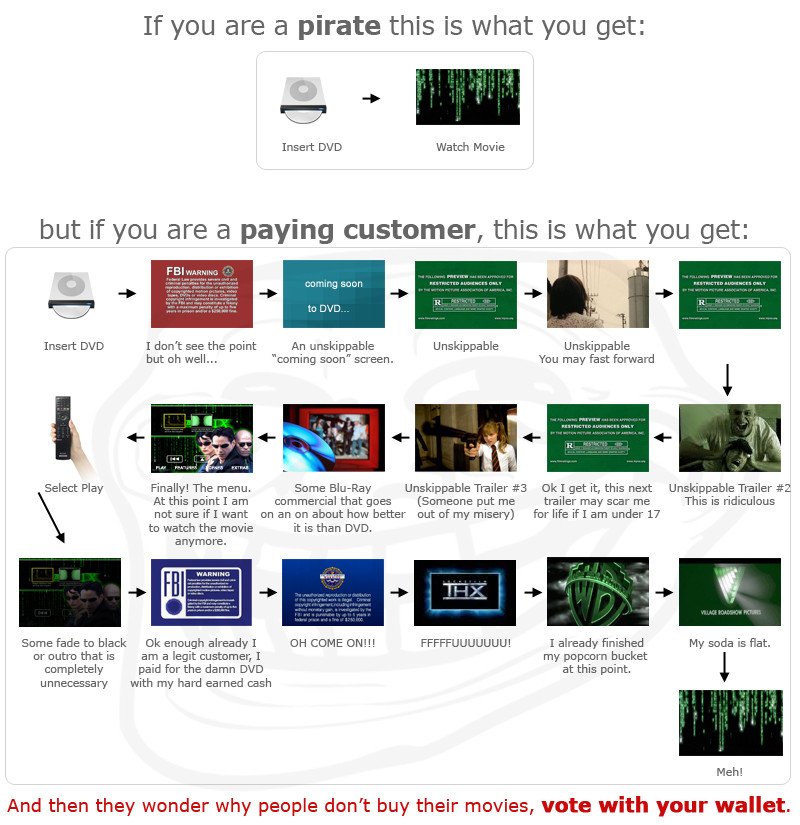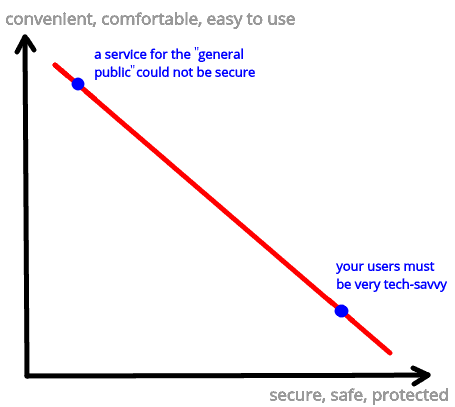
fdsa
Advanced Member-
Posts
1,942 -
Joined
-
Last visited
Content Type
Events
Forums
Downloads
Quizzes
Gallery
Blogs
Everything posted by fdsa
-
just force the banks question every person-to-person transaction over 10k THB and voila, crypto is dead.
-
Recommendations for internal 2.5" ~250 GB SSD drive for PC
fdsa replied to MikeWill's topic in IT and Computers
not likely, but judging by the firmware version "045" this is the latest model "B47" https://www.techpowerup.com/ssd-specs/crucial-mx500-250-gb.d947 Don't worry, this is a good drive. You won't see any difference with 250 GB versions, the real difference appears with 1TB+. -
Recommendations for internal 2.5" ~250 GB SSD drive for PC
fdsa replied to MikeWill's topic in IT and Computers
sorry, I'm too lazy to search for exact models. Just remember that cheap SSDs (usually chinese noname but sometimes even brand ones) could drop down to 10 MB/s continuous write speed while even the slow HDDs have 100+ MB/s continuous write speed, not even mentioning the random write. This usually happens when a drive has QLC type storage + no DRAM cache. -
VPN vs Cloud Computers for connecting to home from Thailand
fdsa replied to WaveHunter's topic in IT and Computers
i've mentioned this several times. And that's why I advocate for a dedicated computer e.g. a laptop back home, instead of just VPN, because the most sophisticated websites will inevitable detect that you use a VPN and with a dedicated device they most likely will not. -
Recommendations for internal 2.5" ~250 GB SSD drive for PC
fdsa replied to MikeWill's topic in IT and Computers
Samsung writes the production date on the box, near the barcode. Micron doesn't seem to publish the production date on the box. I've just checked my MX500's and saw the same "22" at the start of the barcode and "© 2020-2021", so it really might not be a production year. Actually you won't see any difference in the DRAM cache amount for "home" usage so you could buy any MX500 available. Just make sure to not buy the 870EVO made in 2021, 2022 is fine. unfortunately this is not right, some SSDs are even slower than the HDD. -
Pi - The First Digital Currency You Can Mine on Your Phone
fdsa replied to save the frogs's topic in Cryptocurrency News
i believe it's some social network style bs that will get profit from selling your credentials to crypto-promoting spammers -
no, now hodling, ping me when Bitcoin reaches $200k ????
-
Revealed: How Netflix plans to stop you sharing your password
fdsa replied to Social Media's topic in Entertainment
-
Internet banking change.
fdsa replied to owl sees all's topic in Jobs, Economy, Banking, Business, Investments
there are several other mobile operating systems, for example Sailfish or PureOS. unfortunately they are not usable as daily OS. -
Recommendations for internal 2.5" ~250 GB SSD drive for PC
fdsa replied to MikeWill's topic in IT and Computers
both Micron/Crucial MX500 and Samsung 870 EVO are good, unfortunately many 870s made in 2021 have a critical hardware flaw which makes them die within several months of usage. You need to make sure to buy a drive made in 2022+ (or stick with MX500) btw with MX500 there is a catch too - you need to buy an OLD drive instead of a new one ???? coz Micron started to put cheaper components in the new drives, e.g. less DRAM cache amount. -
add an ill buffalo
- 6 replies
-
- 10
-

-

-

-

-
I just bought $200,000 of Bitcoin
fdsa replied to Pravda's topic in Jobs, Economy, Banking, Business, Investments
it was first developed sometime around 2008, and in 2012(13? cant recall for sure) had its first huge spike. I've made my first $thousands from $dozens with crypto back then. -
AIS vs DTAC vs Truemove (True-H), technical info for IT nerds/nolifers
fdsa replied to fdsa's topic in IT and Computers
for statistics: plain HTTP works on subnet 49.230.132.0/24 (49.230.132.0/22?) -
Internet banking change.
fdsa replied to owl sees all's topic in Jobs, Economy, Banking, Business, Investments
a little bit, same as hanging a dummy CCTV camera on a house without a door lock would repel some robbers. -
Internet banking change.
fdsa replied to owl sees all's topic in Jobs, Economy, Banking, Business, Investments
Sorry but i'm too lazy to recall and describe everything. Cheap chinese smartphones come with preinstalled malware, expensive chinese smartphones do not allow flashing a custom bootloader, et cetera. The only somewhat good and customizable brand I know is Google Pixel (yes, the spying giant made a really good phone) try to do something non-standard with your phone and you'll find out that even the root access does not give you full control over the device, even in the abovementioned Pixels. "Android OS" owns your phone, not some "root" account. And as you could not do anything you want even on the rooted phone, you could only hope that your Android distribution developers are honest. I do not care about "most people" and what shop technicians do with their fresh Windows installs, I care about myself and my computers only. And with all my experience I could NOT secure my phone because I do not control it, even on the software level (in its operating system), not even mentioning its hardware. That's why I prefer a computer, because I fully control it on software level, to some extent even on firmware (BIOS, BMC, PCI devices) level, and to some extent even on hardware level. -
Internet banking change.
fdsa replied to owl sees all's topic in Jobs, Economy, Banking, Business, Investments
from my experience of more than 15 years working in IT (Linux, server administration, etc) and several last years working exclusively in information security field. -
Internet banking change.
fdsa replied to owl sees all's topic in Jobs, Economy, Banking, Business, Investments
a smartphone app could not be convenient and secure at the same time, and the overwhelming majority of smartphones running Android are insecure by design, just a few of them are designed and set up properly. Apples are ok, although I don't like them. As for the online banking - you do control your computer (mostly) and you could setup your computer properly to make it secure. And you do NOT control your phone and thus could not setup it properly to be secure. -
Virtual credit card
fdsa replied to madox66's topic in Jobs, Economy, Banking, Business, Investments
Go to the nearest branch of your bank and ask them to enable online payments, they will activate the VBV/3DS in their computer and/or in the ATM. -
Virtual credit card
fdsa replied to madox66's topic in Jobs, Economy, Banking, Business, Investments
yes, debit, I'm not interested in Thai credit cards. -
If you tell your domain name we might be able to help.
-
Virtual credit card
fdsa replied to madox66's topic in Jobs, Economy, Banking, Business, Investments
I simply ordered another physical card and put just enough money on it to pay online for something I need right before the payment. And as most of the time it has near zero balance I do not care if I leave its credentials on a malicious website. -
With a blockchain you own your data and nobody could see it (if a blockchain is implemented properly), with a generic "medical records" database you do not own your data and everybody (doctors and hackers who dumped the said database) could see it. Using a blockchain in hospital network would mean that nobody would be able to see your data until you personally "unlock" it with your private key (read "password"). E.g. when coming to see a doctor and entering a one-time code from your Ledger or mobile phone. There are examples in a cryptocurrency world such as Zcash and Monero: nobody could see even the balance of your wallet until you provide a special code. The difference between a public and private blockchains is just a selection of the storage method - if the blockchain database could be hosted on anyone's computer or only on the pre-approved computers (e.g. hospital servers). There are examples of such blockchains in the cryptocurrency world: Ethereum or Dash are public blockchains (everybody could host a validator node / masternode) and Binance or Hedera are private bullshít blockchains (everybody could host just a basic "mirror" nodes but only a small list of pre-approved entities could host a full validator / masternode)


